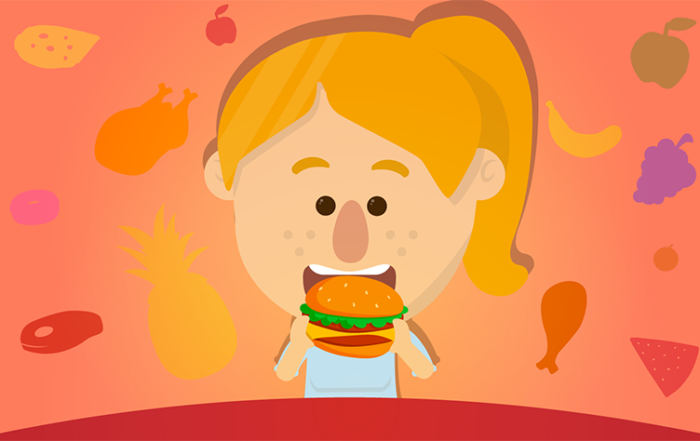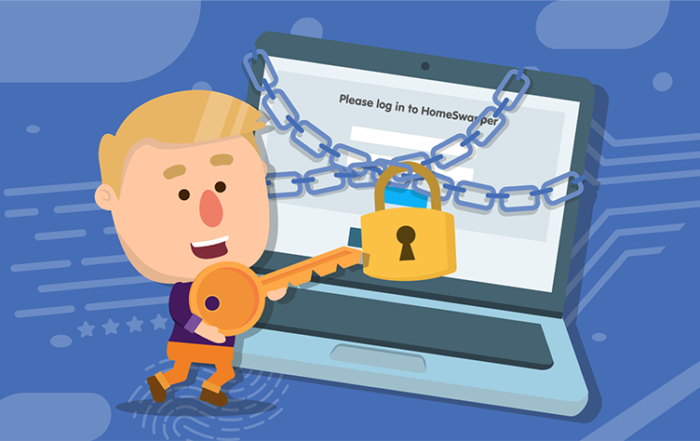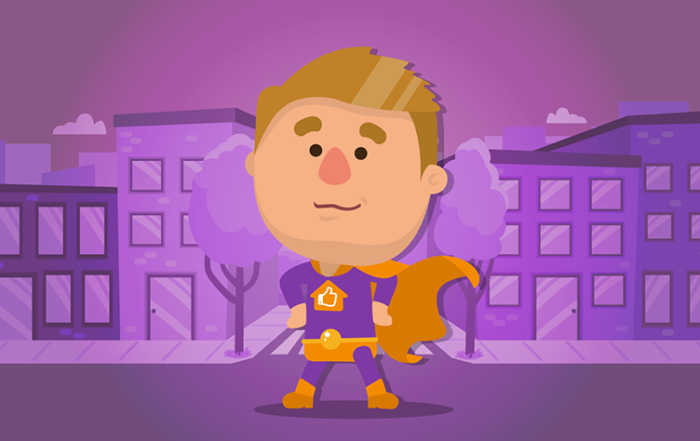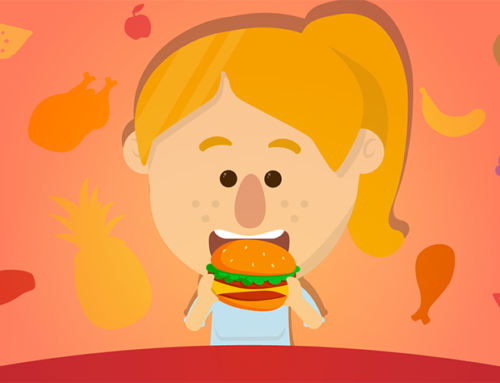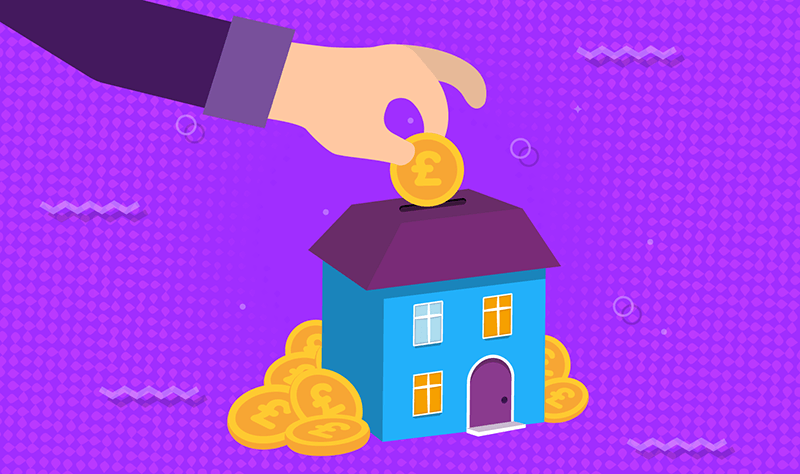
A few weeks ago we wrote about tools and tips for improving your credit score. This week we’re looking at basic bank accounts, which have been designed for those with low credit scores who can’t get – or don’t want – a standard bank account. A basic bank account offers a place for you to store your money and pay your money from, without an overdraft – which means the only money you’d have access to is what you’ve put there. What’s also great is that all basic bank accounts allow you to set up direct debits, which can make bills cheaper than paying by cash or cheque.
Some overdraft charges in the UK have been shown to be a cause of people getting into debt. So, from January 2016, the government made sure that the 10 largest providers of personal current accounts (regular bank accounts) also offered basic bank accounts that are free of overdrafts and so, free of fees. Between 2017 and 2018 over 7.5Million of these types of bank account were opened – that’s over one in ten of us in the UK!
Here we’re giving you some of the main details around basic bank accounts…
Basic bank account providers
You’ll be able to access a basic bank account from any of these banks:
- Barclays
- Clydesdale and Yorkshire Bank
- Co-operative Bank
- HSBC
- Lloyds Banking Group (including Halifax and Bank of Scotland brands)
- Nationwide
- Royal Bank of Scotland (including NatWest and Ulster Bank brands)
- Santander
- TSB
- Virgin Money
Why haven’t I heard about these types of accounts before?
Unless you specifically ask to open a basic bank account at a bank you might not be offered one. Banks often do not want to point customers in the direction of these types of accounts because they are completely free – even if they are the most suitable products for the customer. Banks make no money from a customer using a basic bank account because there is no chance that the customer will go into an overdraft and be charged, which makes the bank money.
Are basic bank accounts just for those with bad credit?
No, not necessarily. While most basic bank accounts have been designed to make sure those with a low credit rating are not left out, they can still be available to those who want to manage their money without an overdraft. As we mentioned above, banks do not make money from a basic bank account, which means that some banks will only offer these accounts to the people who fail the credit check for a current account. But, don’t worry! As long as you don’t have a criminal conviction for fraud, there are banks that offer these types of account to whoever wants to open them.
Basic Bank Accounts for Everyone:
Here are some basic bank accounts that anyone can open:
Co-operative Bank: Cashminder
Virgin Money: Essential Current Account
What do I need to open a basic bank account?
To open most basic bank accounts you will need to be able to provide proof of ID and proof of address. A valid ID could be:
- UK driving license
- In-date UK Passport
- Current European Union member state identity card
- Identity card issued by the Electoral Office for Northern Ireland
- Benefits entitlement letter
- HMRC tax notification or assessment
A proof of address could be:
- UK driving license (with your current property address on it)
- Council tax bill
- Gas, electricity or water bill
- Telephone bill (but not mobile phone bill!)
Other Things to Consider
Before you open your account, check if the bank provides a ‘buffer’ zone of say, £10, that allows you to take out small amounts at the cash point. If you set up Direct Debit you need to make sure that there is always enough money in your account for those payments.
Some banks allow you to set up joint basic bank accounts. If you are receiving benefits as a couple this could help you build a budget together in a clear and transparent way. Ask at the bank to see whether this option is open to you.
Once you have a basic bank account some banks may see your finances improve and plan on ‘upgrading’ you to a different current account with an overdraft. Legally, the banks need to give you two months notice before they do this. If you receive this notice and it is not the right move for you to change bank accounts speak to your bank to tell them you do not want the upgrade.
Being able to balance your budget without an overdraft can be really a helpful tool for understanding where your money goes during the month. The popularity of these kinds of accounts across the UK shows that many people are finding debt free banking a good option. Remember though, you may not be offered one at the bank, so research the one you want and ask for yourself!
The HomeSwapper Customer Support team are always on hand to give advice and tips on how to get the most from HomeSwapper. They deal with Swappers every day and have a unique insight and view on the thousands of successful swaps that take place on HomeSwapper.
